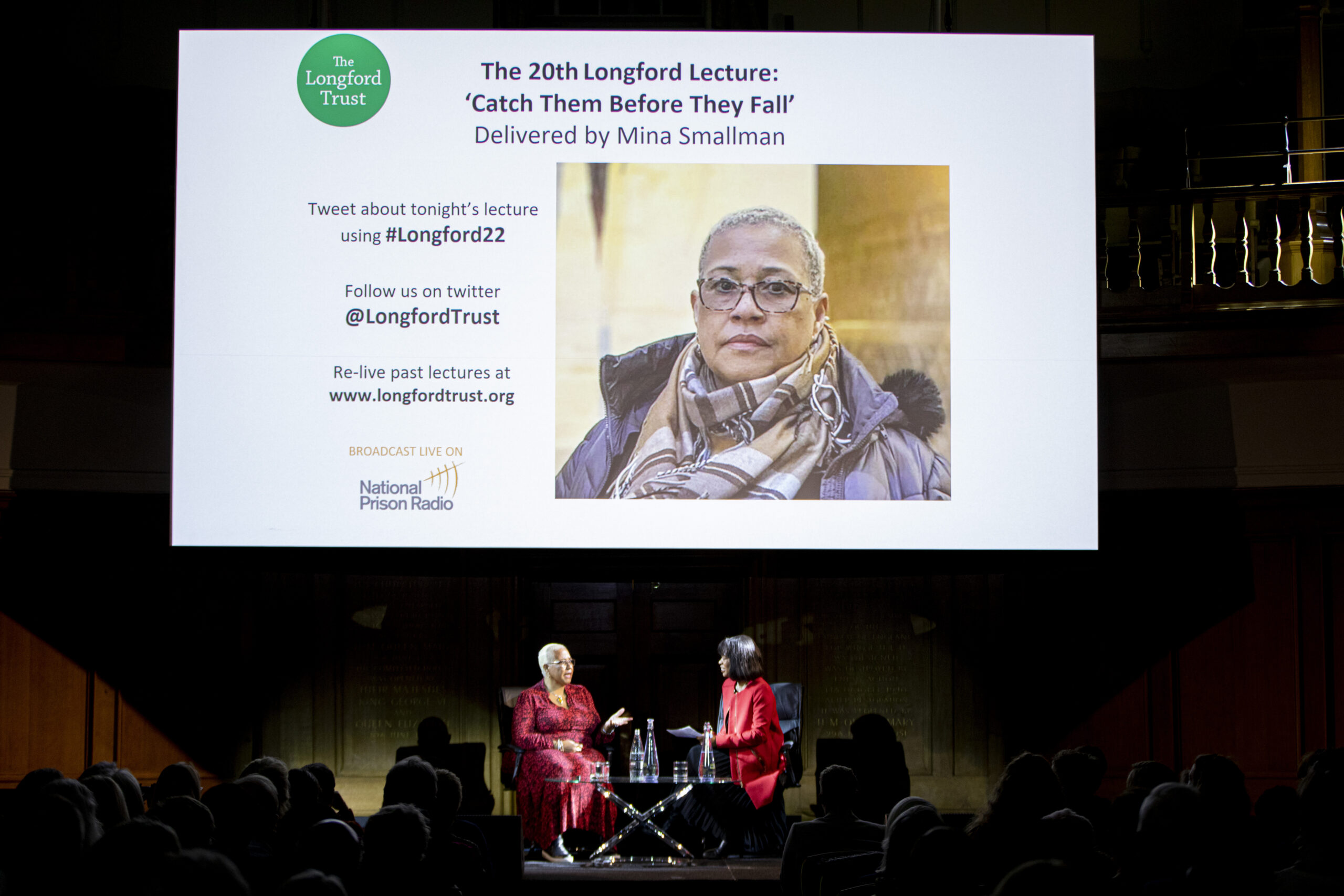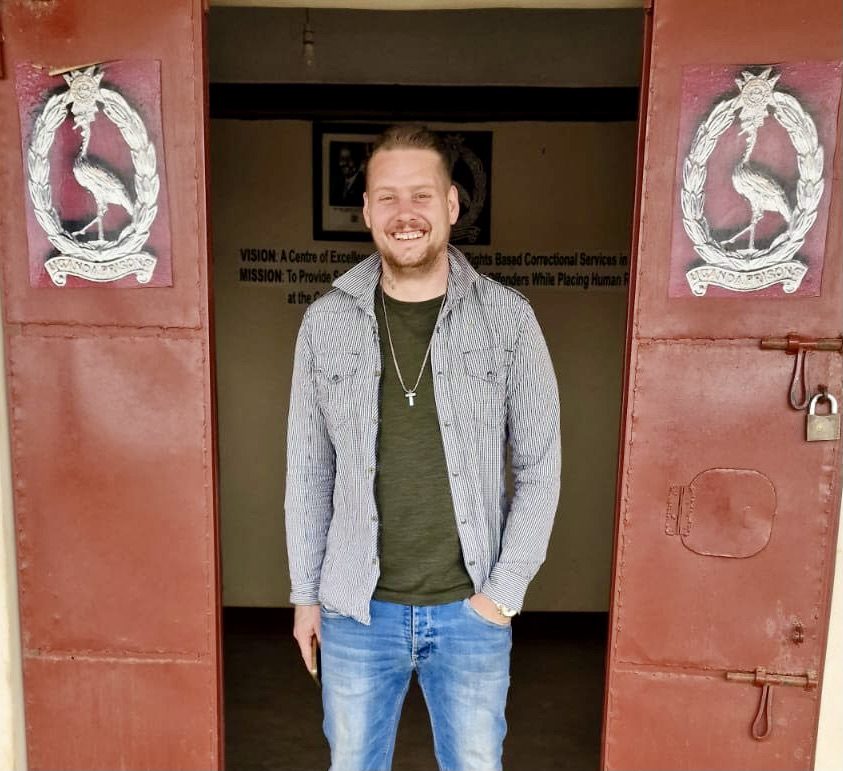
How the post-exam challenge of ‘what next?’ became do-able
A key part of a Longford Scholarship is the Employability support given to all award-holders to turn a degree into a degree-level job when they graduate. For Longford Blog, our scholar Hugh describes the benefits of attending our recent all-day employability training session, run by the trust in partnership with StandOut.
A handful of us scholars met at Friends’ House in London on April 18. Some of us have been buried in our final uni assignments but, as we emerge from those tunnels, it can feel a bit startling to be faced with the prospect of ‘what’s next?’ We’re all caught in the bit between university finishing and the rest of life beginning. The StandOut trainers were on hand to help us to clarify and quantify the steps we need to take to turn our grades into jobs.
Navigating Disclosure
Covering a cross-section of topics, Alex, Hannah and Erin introduced us to thinking about how to break down our next steps so we can feel confident bringing both our newly-acquired qualifications and our unorthodox life-experiences to the workplace. We shared many anxieties with each other, such as: how to present as a confident candidate; how to navigate that, often tricky, topic of disclosure; and what is commonly the slog of mounting a concerted campaign of job-searching.
The latter can be deflating and long. So, understanding our internal relationship with how we might approach the jobs’ market was particularly useful. As we heard, treating the job search as a job in itself can help us in both pacing ourselves over a potentially lengthy task, and in structuring it to reduce that time as much as possible. We learned how effective it can be, for example, to really think about where we might look for vacancies we want – who the gatekeepers are of the graduate roles we might be seeking? It gave me a lot of confidence in rethinking my next moves.
Building connections
Considering it all took place on one day, we managed to cover so many useful topics. Networking, Alex explained, was better thought of as ‘building connections’. This meant that we would approach opportunities to do so with the right mindset. We were more likely to come across naturally – more honestly- if we started from a more human, and less transactional position. Thinking about how we might research specific sector knowledge would enable us to uncover connections we might have otherwise missed. Signing up to newsletters and other mailing subscriptions for important organisations in our chosen fields would give us the best chances of being exposed to opportunities.
Social capital
What was clear to those of us in the room is that the sort of inside information – distilled to us by the StandOut trainers- is often taken for granted by those who follow a ‘traditional’ trajectory through education and the early part of their vocational lives. When strong social structures support you through secondary school and you’re lucky enough to go to university and beyond, you get to learn the tricks and tips for finding more lucrative jobs.
For those of us who, maybe, took a different path, and had previously found themselves unsupported, it is often the case that this ‘social capital’ tends to allude us. The Longford Trust and StandOut were helping to even the playing field for those of us still trying to turn our lives around. Now we know about ‘the hidden market’, as our peers do. And we have the skills and valuable knowledge to bring to those industries too.
Realising our potential
Our group, as is indicative of a collective of Longford Scholars, had a wide variation in interests and talents. Some of us explicitly wanted to enter the Criminal Justice Sector as ‘lived-experts’- people who wanted to use their experiences (both the skills we have and the lessons from our own mistakes) as tools to help others in similarly difficult situations. Others wanted to pursue a life that had little to do with where they may have been before.
But in every case, our experiences had taught us some common things. We all understood the power and importance of giving people the opportunities to realise their value. The difference having the right, versus the wrong, information in going about our job searches was also realised in the group.
Bespoke job search support
In spite of covering so much in such a condensed time-slot, StandOut had also committed to supporting us going forward. We have all been booked in with a member of the team to discuss our individual plans and challenges in one-on-one sessions in the coming weeks. We’ll have the chance to set out a bespoke strategy for refining our job search.
The result is that I already feel like I’ve a better chance of finding something suitably challenging. But I knew, as I left the StandOut session, that there were many personal obstacles to simply jumping back into employment. Still I feel eager to work through those in the coming weeks and that’s down to the Longford Trust and StandOut. They make an outstanding collaboration. If you’re a scholar, I implore you to StandOut by booking yourself on the next course!
The next employability training course run by the Longford Trust and StandOut is being planned for the autumn. If you want to reserve a place, contact our Employability Manager, Abi Andrews.








